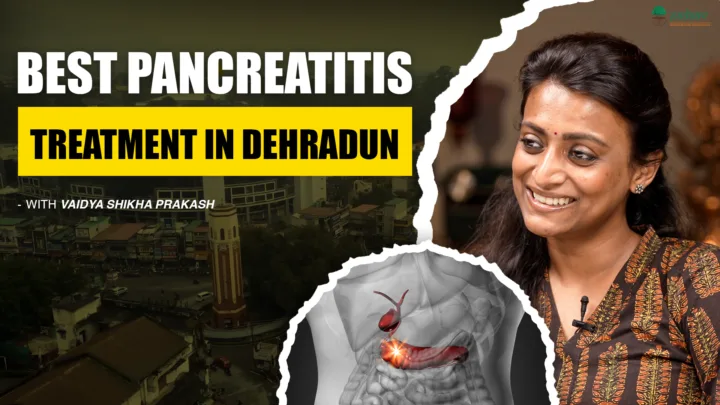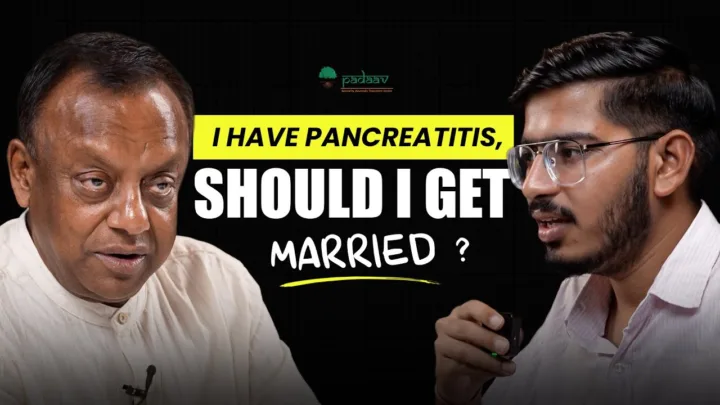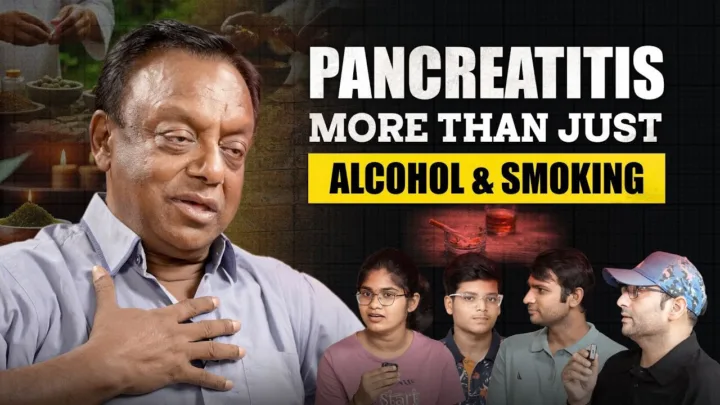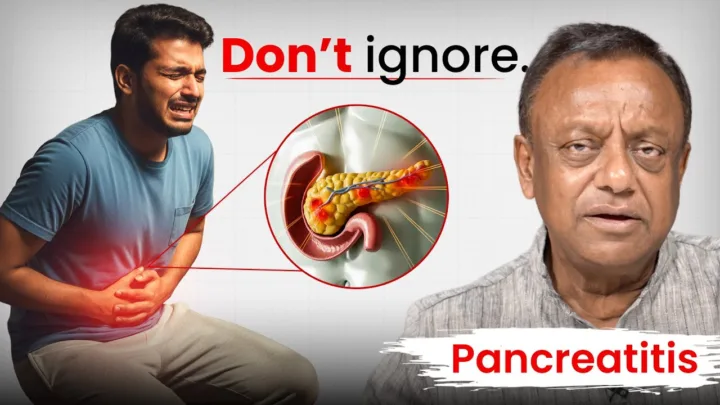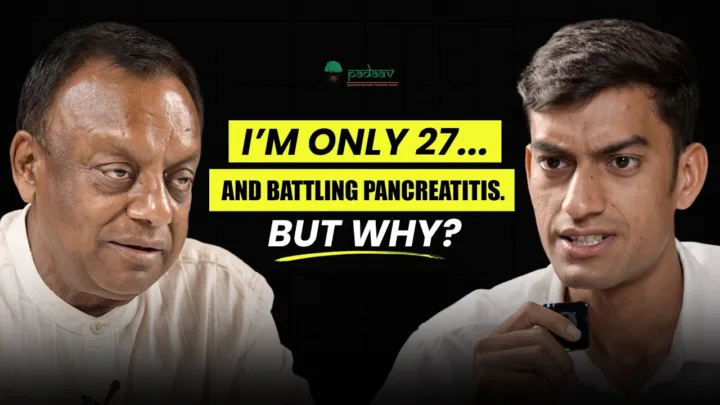Understanding the silent suffering behind this misunderstood disease
For many, the word “pancreatitis” is little more than a medical term vague, unfamiliar, easy to ignore. But for those who live with it, it’s a constant, invisible battle against pain, uncertainty, and misinformation.
This condition doesn’t just attack your pancreas; it disrupts your diet, your daily routine, even your peace of mind.
And yet, myths continue to cloud our understanding. Is it just a drinker’s disease? Can it go away on its own? Is the pain really that bad?
Let’s set the record straight. Based on clinical evidence and decades of patient care, here are the facts you need to know to truly understand pancreatitis and protect yourself or your loved ones from its long-term effects.
Can Pancreatitis Cause Long-Term Damage?
Yes. Pancreatitis is a progressive, irreversible condition. Once the pancreas is damaged, it rarely recovers fully.
But here’s the important part: early diagnosis and disciplined care can stop it from worsening. With the right treatment and lifestyle changes, many patients live full lives while keeping the disease in check.
Are Smoking and Alcohol the Biggest Causes?
They’re common suspects, but they’re not the whole story.
A large study of over 2,000 pancreatitis patients revealed that:
-
66% had never consumed alcohol
-
85% had never used tobacco
So while both alcohol and tobacco absolutely worsen the disease (and must be avoided), they’re not always the root cause. Pancreatitis can strike even the cleanest lifestyles.
Can Excessive Exercise Cause Pancreatitis?
It’s not fully proven by science yet, but clinical experience tells us to be cautious.
Many patients we’ve seen were regular gym-goers, especially those engaging in intense, high-resistance workouts. Ayurveda teaches us to respect the body’s natural limits if your breath becomes strained or your body signals distress, it’s time to stop.
Moderation is key.
Do Obesity and Family History Increase Your Risk?
Yes.
Obesity can increase inflammation in the body and stress the pancreas. Family history also plays a major role genetic factors can make you more susceptible, especially if pancreatitis or digestive disorders run in your family.
This is why regular screenings and early lifestyle interventions are essential.
What’s the Best Diet for Pancreatitis?
There’s no universal rule but there are reliable principles.
-
Small, frequent meals (three meals + three snacks)
-
Easily digestible food
-
Low fat, moderate fiber
The best plan is always personalized, created in consultation with your doctor or nutritionist. A customized Ayurvedic or modern dietary approach can go a long way in reducing flare-ups and improving quality of life.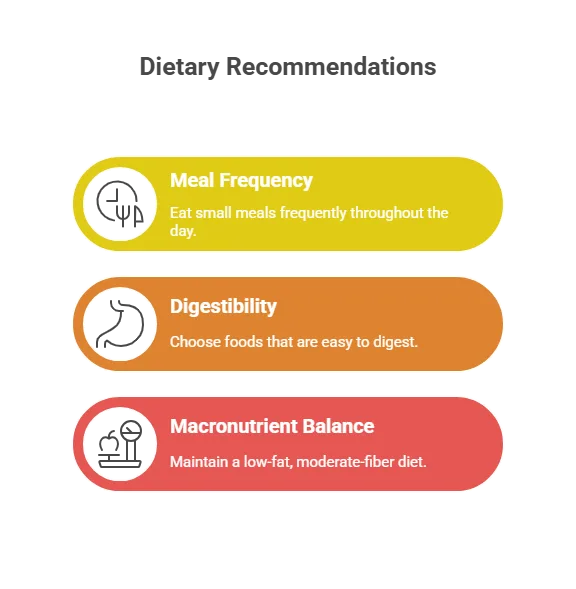
Can Home Remedies Cure Pancreatitis?
No and believing they can is dangerous.
Pancreatitis may relapse after years of silence, giving a false sense of recovery.
While traditional medicine and natural support may help manage symptoms, there is no substitute for proper, medical care.
Always work with a qualified practitioner who can monitor your progress and adjust treatment accordingly.
Is Pancreatitis Pain Worse Than a Heart Attack?
According to many patients yes, and by a long shot.
The pain is often described as excruciating, stabbing, and relentless. One patient even said they’d rather be shot than feel that pain again.
It’s not a pain you can “tough out.” It demands immediate medical attention.
Are High Triglycerides and Pancreatitis Linked?
Absolutely.
High triglycerides (especially above 1000 mg/dL) are a known cause of pancreatitis. But the relationship is cyclical:
-
Triglycerides can trigger the disease
-
The disease can disrupt metabolism and worsen triglyceride levels
Managing both conditions together through diet, sleep, stress control, and medical treatment is essential.
The Bottom Line
Pancreatitis is not rare, and it’s not reserved for heavy drinkers or smokers. It can affect anyone, and the path to healing starts with clarity, care, and commitment.
If you or someone you know is battling this condition, don’t rely on half-truths or hearsay. Get the facts, seek the right help, and act early.

